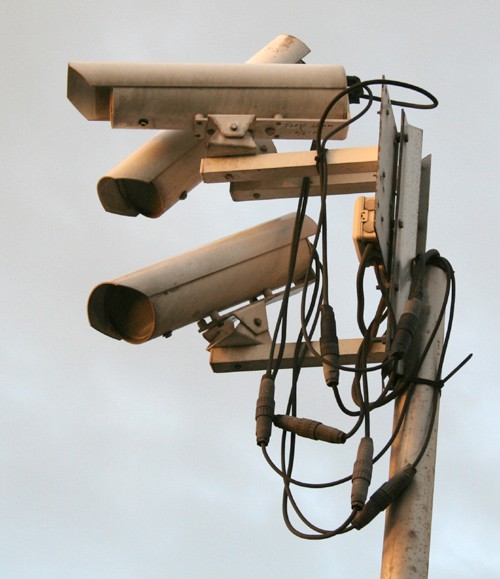National Post: Privacy Commissioner tells police to get behind Internet privacy rights
As law enforcement officials continue to lobby for the return of warrantless Online Spying Bill C-30, Ontario's Information and Privacy Commissioner is speaking out in defending Canadians' right to privacy online. We need to have our right to privacy protected – not compromised. Join us in speaking out against invasive Online Spying Bill C-30 at StopSpying.ca. Commentary by Ann Cavoukian, Information and Privacy Commissioner of Ontario As Ontario’s Information and Privacy Commissioner, I have a deep respect for law enforcement. I frequently work closely with the police to help them succeed in fulfilling their important functions without sacrificing our vital right to privacy. The guidance I have provided over the years on the privacy implications of new technologies has given the police a roadmap on how to be effective, yet also protect our privacy. That is why I am perplexed by the ongoing disagreement between law enforcement and Canada’s privacy commissioners over the federal government’s highly intrusive surveillance legislation, Bill C-30. Repeatedly, privacy commissioners have identified a pragmatic and principled approach to fixing the flawed aspects of the Bill. Time and again, members of the law enforcement community have insisted they need overly broad powers, while failing to recognize that they can have both new and effective law enforcement powers, while still protecting the privacy of individual Canadians.
The police want access to “subscriber data,” such as Internet Protocol and email addresses, because the data is powerful. The actual content of your communications does not need to be accessed in order to obtain a digital snapshot of your surfing habits and who you associate with — access to subscriber data can unlock this and more. It can be used to track people and their activities. It’s the key to revealing your identity online. Should the police be granted warrantless access in genuine emergencies? Absolutely. Should the police have unfettered access. No!
What is required is quite simple. The Bill must be amended to ensure that any police power to compel telecoms to disclose subscriber information requires a warrant in all but urgent circumstances — the police would then be required to report their use of such powers.
Our solution-driven approach would mean that urgent police investigations need never be stalled. Terrorists, organized criminals and those who try to harm the vulnerable by misusing the right to anonymity could be exposed and prosecuted in a timely fashion. At the same time, the public’s confidence in law enforcement would be heightened as a result of rules that prevent the identification and profiling of law-abiding citizens. In free societies such as ours, citizens should be entitled to go about their business without being forced to identify themselves. That right must be as strongly protected online as on the street.
The public understands this. Most of us recognize that our digital rights are no less important than other rights and freedoms. This is why Canadians across the country so strongly opposed the introduction of Bill C-30. Read more »
--
Read more at The National Post
Tell your MP to take a stand against invasive Online Spying Bill C-30 »



 Take action now!
Take action now!
 Sign up to be in the loop
Sign up to be in the loop
 Donate to support our work
Donate to support our work